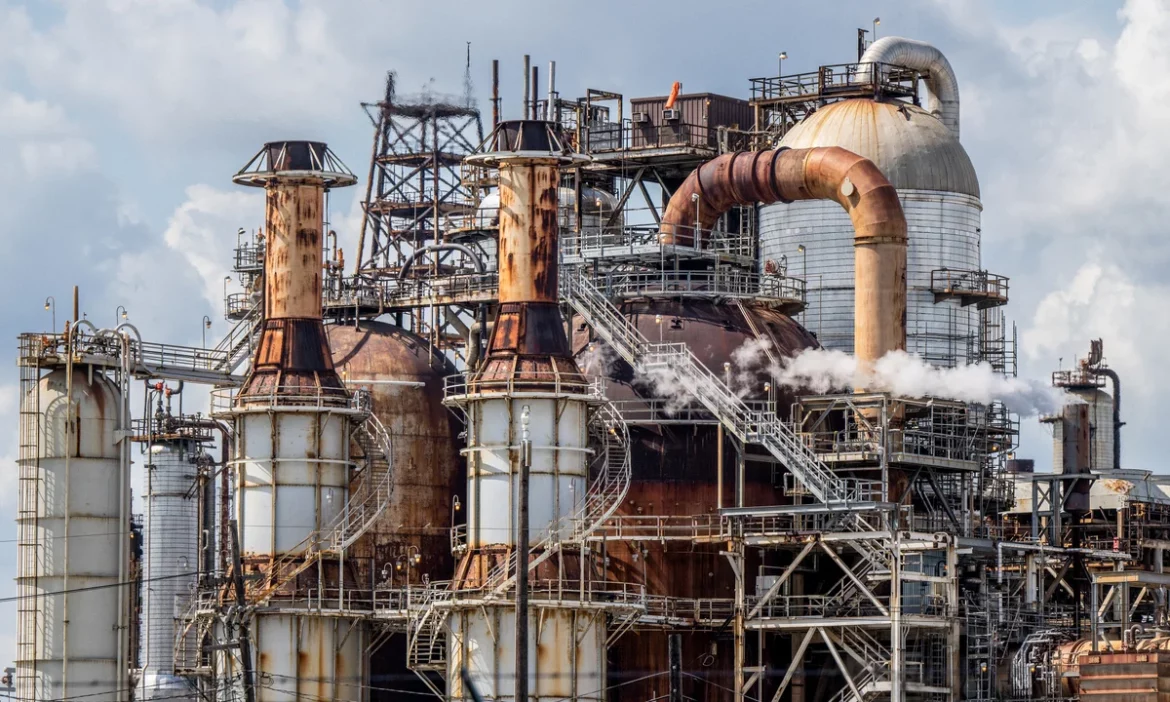A new report from the green groups Greenpeace and Sierra Club has shown that the expansion of liquefied natural gas (LNG) exports is responsible for scores of premature deaths and nearly $1bn in annual health costs.
Among other things, the report links air pollution from LNG export terminals to an estimated 60 premature deaths and $957m in total health costs each year, and found that if all planned and proposed terminals come online, those numbers would shoot up to 149 premature deaths and $2.33bn.
The analysis comes seven months after the Biden administration froze all new LNG export approvals until energy regulators update their approval process to consider the climate impact of new proposals. Federal officials are currently defending the pause in court.
Officials should take this opportunity to consider the health effects of LNG terminals in addition to their climate toll, the authors say.
“We often hear about the LNG buildout impacting climate, which, of course, is true and devastating,” said Johanna Heureaux-Torres, energy campaigns analyst for the Sierra Club and report co-author. “But there’s also public health ramifications, often for communities who are already overburdened.”
The report, which Greenpeace and Sierra Club submitted last month to the Department of Energy and made public on Wednesday, aims to quantify the harms of LNG terminals on communities living near them.
Read also: Activists warn of ‘extreme anger’ should ministers fail to reform water regulator
The US only began exporting LNG in 2016, but the country is now the world’s largest such exporter.
There are nine LNG export terminals currently operating in the lower 48 United States. Six additional projects are under construction, seven have received authorization but have not yet started construction and 10 have permit applications that are pending approval. The authors examined the permits or permit applications for all 32 projects, most of which are clustered along the Gulf of Mexico.
Using an Environmental Protection Agency (EPA) risk assessment and mapping tool, they calculated the health damage attributable to those projects’ permitted air emissions. Then, they totaled up the health costs of three different scenarios: one where all 32 proposed projects come online, reflecting “a policy of returning to unrestricted LNG export approvals”; another where only currently authorized projects come online and no new permits are issued; and a third where only currently operating projects are kept online.
Currently operating LNG export terminals alone will cause 2,020 premature deaths and $28.7bn in health costs by 2050, projections found. Under a full buildout scenario, those numbers rise to 4,470 and $62.2bn.
“We found those numbers stunning,” said Andres Chang, senior research specialist at Greenpeace who co-authored the study.
Story was adapted from the Guardian.
